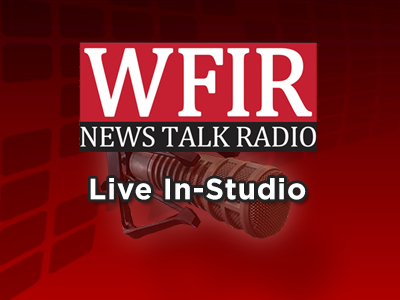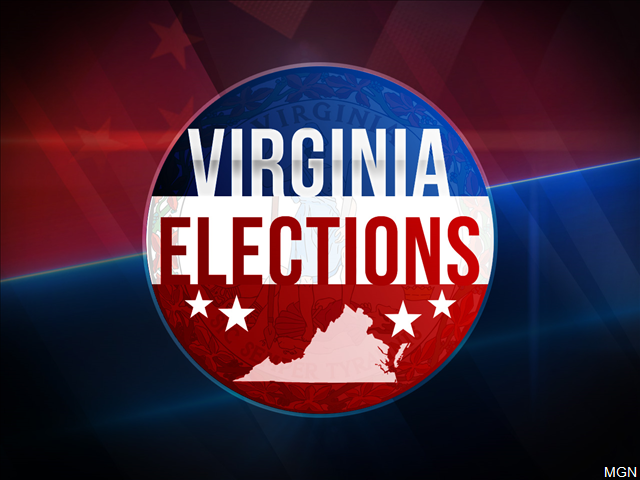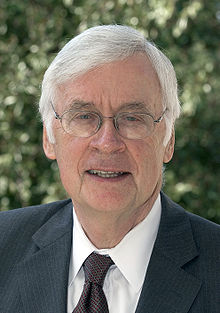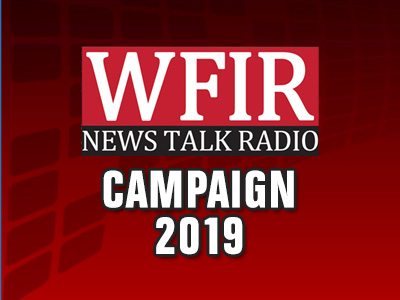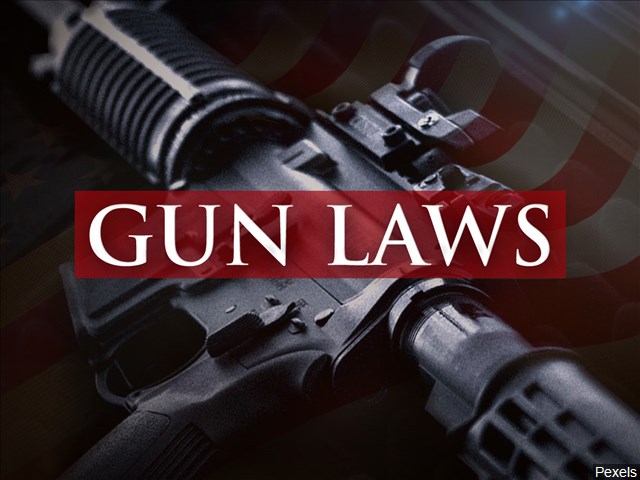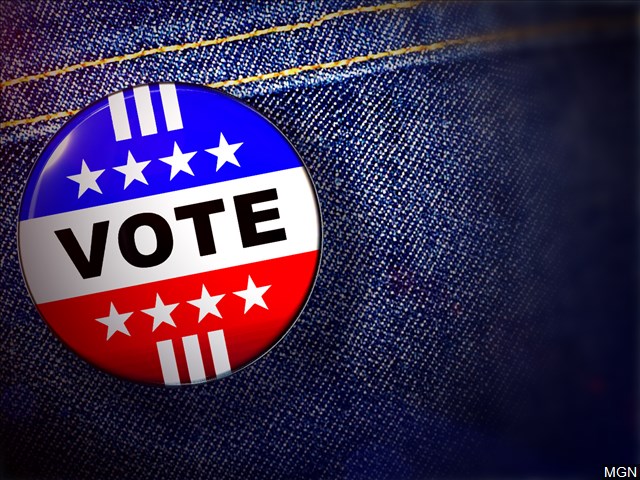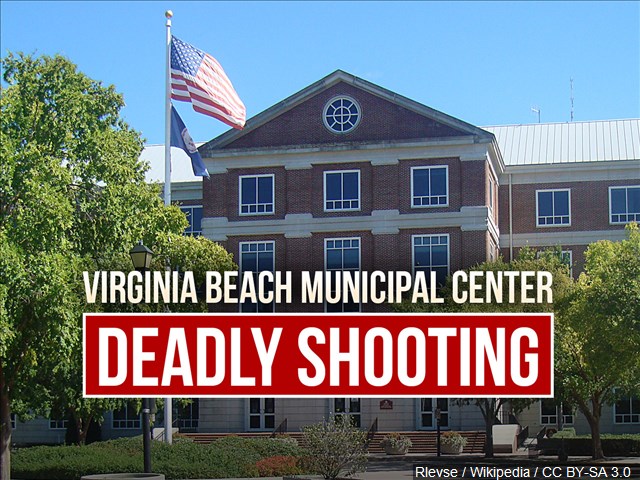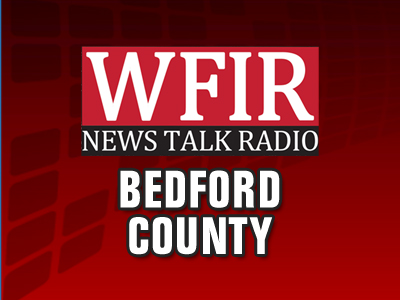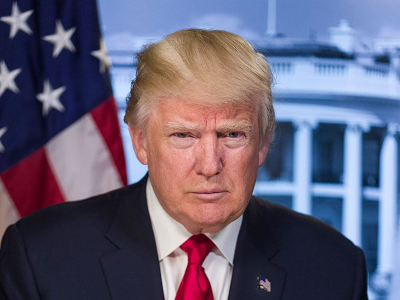8th District Republican delegate Joe McNamara serves much of the Roanoke and New River Valleys. Live in-studio...
State and National Government
Roanoke Democratic 21st District State Senator John Edwards is running for a seventh term in Richmond, running...
The chair of the political science department at Hollins University has studied the Middle East for many...
Former Governor Gerald Baliles, 79, passed away early this morning according to a memo from Governor Northam’s...
A new Wason Center poll of likely Virginia voters statewide that focuses on 4 key State Senate...
Congressman Ben Cline says Charlottesville’s police chief did not represent the views of most law enforcement personnel...
FAIRFAX, Va. (AP) — A civil rights group says election officials in a Virginia county ran afoul...
VIRGINIA BEACH, Va. (AP) — Chris Parker is the type of Virginian whom Democrats hope to get...
RICHMOND, Va. (AP) — As Carol Jenkins sees it, a nearly 100-year push to add the Equal...
Virginia U.S. Senator Tim Kaine took to the Senate floor this week to discuss issues like the...
You wouldn’t know it our part of the state, but millions of dollars are flowing into this...
Virginia’s Junior Senator says U.S. military action in Northern Syria is sending the wrong message to the...
BEDFORD, Va. (AP) Officials with the Bedford County School district say they recently reached an agreement with...
(from ABC News) President Donald Trump announced Saturday night that his administration would no longer consider his...
RICHMOND, Va. (AP) _ Actor Alec Baldwin, known for his biting impersonations of President Donald Trump on...

